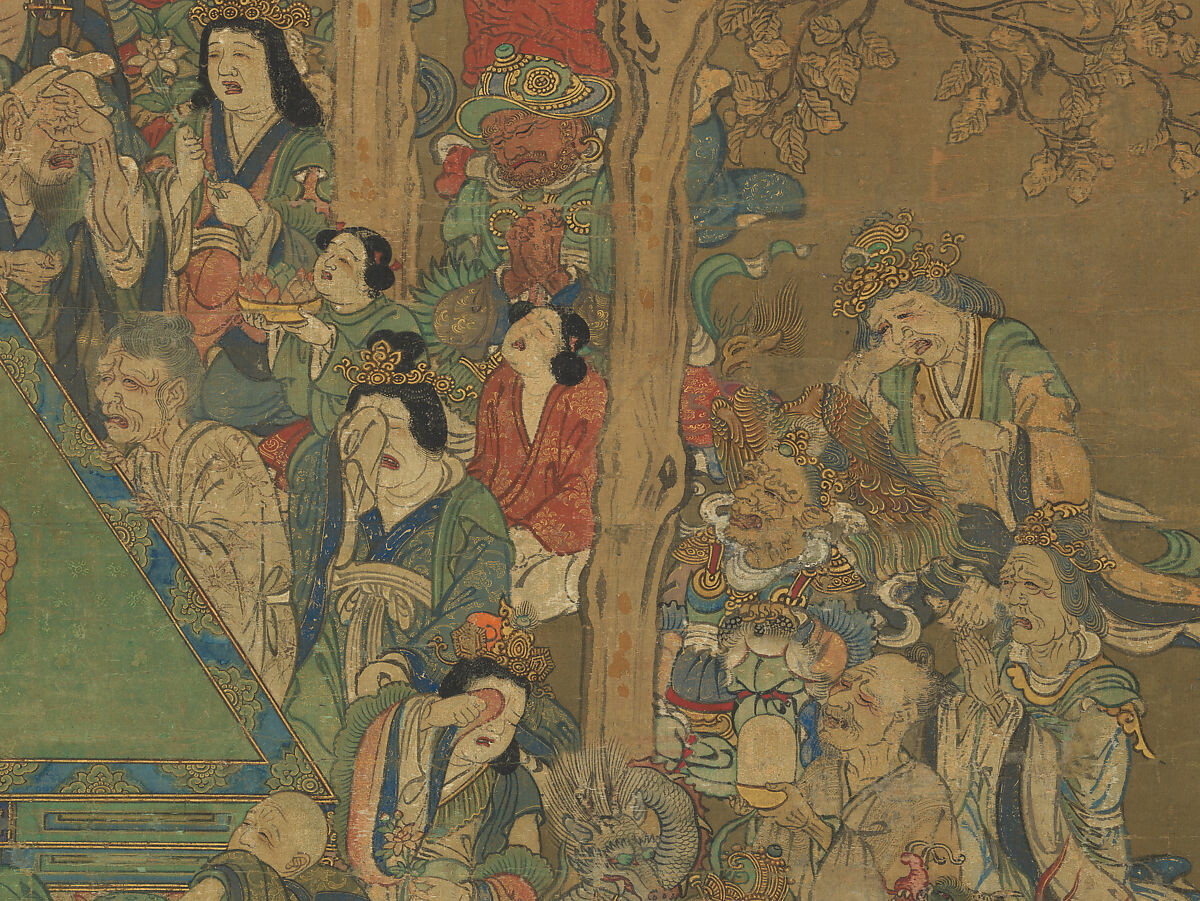- Joined
- Oct 20, 2013
- Messages
- 35,022
- Reaction score
- 16,431
- Location
- daily dukkha
- Gender
- Male
- Political Leaning
- Undisclosed
Dukkha is more than suffering.
Clarify your practice. Let your practice clarify you.
It is easy to see how the early translators of the dharma may have chosen suffering or pain as a substitute for the Sanskrit term dukkha. It makes sense, birth is painful, aging is suffering, not getting what you want is painful. Those translations offer insight into what the Buddha was trying to convey.Now this, bhikkhus, is the noble truth of dukkha: birth is dukkha, aging is dukkha, illness is dukkha, death is dukkha; union with what is displeasing is dukkha; separation from what is pleasing is dukkha; not to get what one wants is dukkha; in brief, the five aggregates subject to clinging are dukkha.
But words are limited in their meaning.
The Buddha first states that birth, aging, illness and death are all dukkha.
stage of human life is dukkha. The human condition is subject to pain and suffering, discomfort and unease.
The Buddha then says that uniting with what is displeasing is dukkha. It is unsatisfying, frustrating, miserable.
Next we find that separation from what is pleasing is dukkha. It is grief, sadness, distress.
The Buddha goes on to say that not getting what one wants is dukkha. It is despair, disappointing, upsetting.
Finally, the Buddha states that the five aggregates, or all conditioned phenomena, are dukkha. There is a basic unsatisfactoriness that pervades all forms of the human condition, which is subject to change, impermanent and without any lasting substance. That which changes, is impermanent and without lasting substance is incapable of satisfying us.
Later in his first discourse, the Buddha taught that dukkha was to be fully understood. What are we to understand? Is it enough to understand that life is suffering?
We need to understand the human condition in its entirety. The central tenet of the Buddha's teachings is that we need to understand our own pain and suffering, but also the myriad ways in which we fall into states of loss and sadness, dissatisfaction and despair. We need to fully understand how all things change, how the very nature of this life and this world is that it is impermanent and without any lasting substance.
Dukkha includes understanding suffering, but it is much more than suffering. It is understanding the human condition, and all that it entails.
Finally, we should take a look at what is meant by 'understand'. Is it to be known, acknowledged or perceived?
It is not enough to know the words or even the meaning. To fully understand dukkha we have to be aware of dukkha, acknowledge it, feel it and sit with it. We need to see it and listen to it. We need to fight the urge to wallow in it, push it away or pretend it isn't there. Then we might understand the truth of dukkha.

